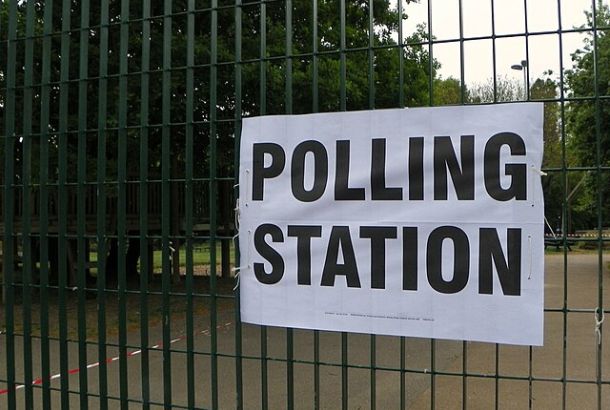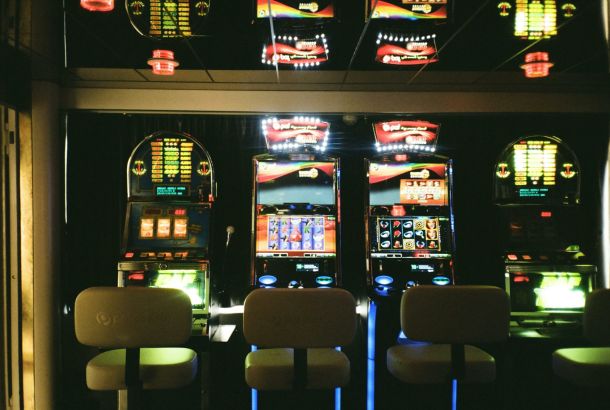Internet not responsible for plagiarism, says report
The widespread reputation that the internet has for a rise in plagiarism in academic work seems to be a false one, after a study showed that levels of plagiarism in doctoral theses was slightly higher in those written before the advent of the internet.
In a paper published in the Journal for Academic Ethics, researchers compared 184 doctoral dissertations from before 1994 with 184 from after 2010. Using the anti-plagiarism software Turnitin, they measured the mean similarity index and found a level of 14.5 per cent in the pre-internet papers as compared to 12.3 per cent in the newer papers.
On the whole around 50 per cent of both sets of theses contained some sort of material that lacked attribution.
David Ison, assistant professor of Aeronautics at Embry-Riddle Aeronautical University in Florida, who produced the research, said the preconception that the internet bred plagiarism was based on “unsubstantiated or perfunctory reports of the internet causing a significant negative influence on student work.
“Most of the blame on the internet for a degradation of academic ethics or its subsequent effect of increasing plagiarism is unjustified, relying… on news headlines, student self-report studies and conjecture.”
According to Times Higher Education, over 3000 papers have been written since 1999 on plagiarism and the internet, despite there being “little statistical analysis of cheating,” according to Ison.
He hopes to “provide faculty, administrators, researchers, and the media with relevant empirical evidence to guide discussions and policies about plagiarism in academia,” and wants to move beyond the demonisation of students, to a focus on educating students in how to produce proper academic work.
Guidance muse be “provided to all levels of students to better inform them about proper citation methods and academic ethics,” rather than just using indiscriminate software to spot cheaters, he says.







